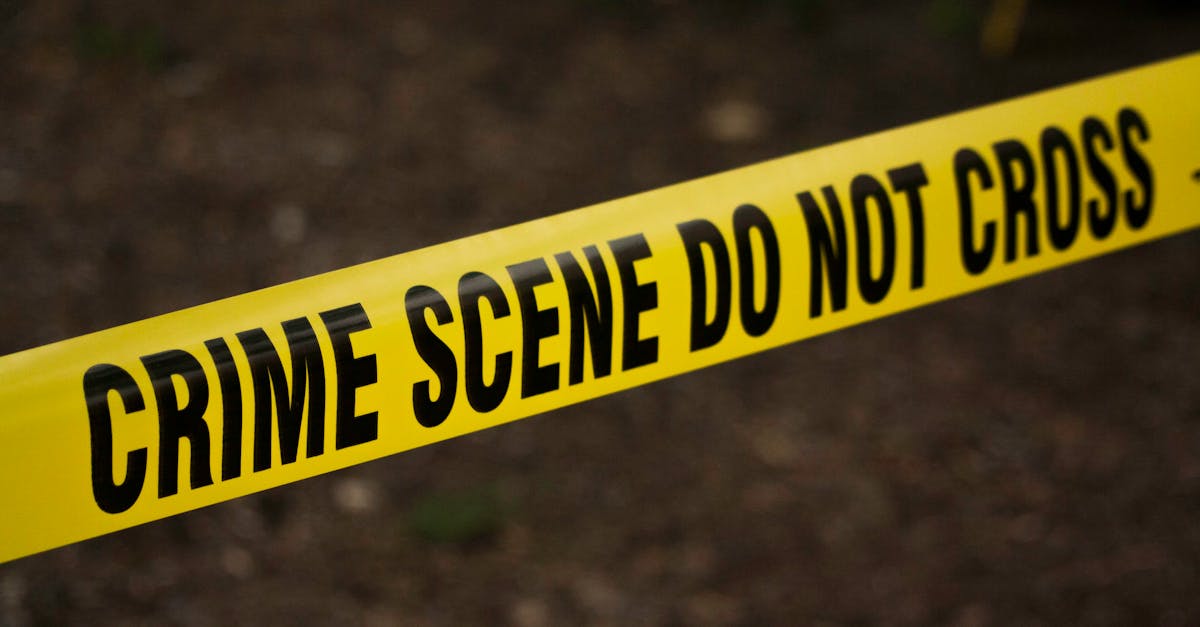Published on:
6 min read
Dental Emergencies Decoded: Your Guide to Finding the Right Emergency Dentist
Dental emergencies can be excruciating and confusing, leading to much stress when you need help the most. This guide aims to decode common types of dental emergencies and provide essential tips for finding the right emergency dentist for immediate care.

Understanding Common Dental Emergencies
Understanding what constitutes a dental emergency is crucial for prompt treatment. Common situations include severe toothaches, chipped or fractured teeth, knocked-out teeth, and abscesses. Severe toothaches might indicate infections or cavities that require immediate attention. Chipped or fractured teeth can result from accidents; addressing them quickly can help prevent further damage and pain. For knocked-out teeth, acting within 30 minutes can vastly improve the chances of saving the tooth. An abscess, while often signaled by swelling and fever, can lead to serious complications if untreated. Identifying these emergencies is the first step in addressing them effectively.
What to Look for in an Emergency Dentist
When faced with a dental emergency, finding the right emergency dentist is essential for effective treatment. Look for a dentist who offers extended hours or is available 24/7. Their ability to accommodate urgent appointments can be a game-changer during a crisis. Additionally, consider their experience and staff qualifications; a seasoned emergency dentist will likely handle various situations more efficiently. It’s also helpful to check their reviews online and ask for recommendations from friends or family. A conveniently located practice is advantageous as well, ensuring you can reach them without unnecessary delay. Lastly, inquire about their payment options and insurance compatibility to avoid surprises when it comes to costs.
Preparing for Dental Emergencies
Preparation can significantly reduce stress during a dental emergency. Start by identifying a trusted emergency dentist. Having their contact information readily available, along with the clinic's address, can save valuable time when you need it most. It’s also wise to familiarize yourself with basic first-aid measures for dental situations—knowing how to handle a knocked-out tooth or manage pain can make a difference. Keep essential dental supplies at home, such as gauze, dental wax, and a container for a knocked-out tooth. Additionally, ensure that your regular dentist knows your medical history, as this information can be crucial during emergencies. Educating your family about these practices will help everyone feel more prepared when a dental crisis arises.
Conclusion
In conclusion, understanding dental emergencies and knowing how to respond can save you pain and anxiety. By following the tips provided, you can find the right emergency dentist quickly and be prepared for any dental crisis that comes your way. Remember, timely action is key to preserving your oral health!
Published on .
Share now!










